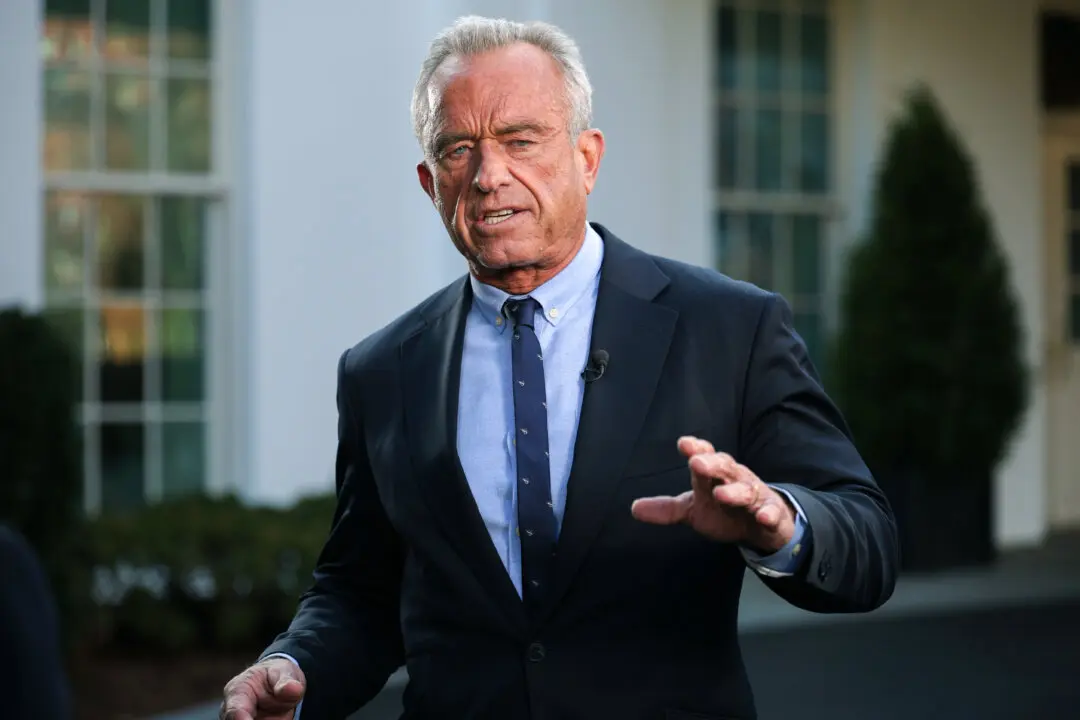The Department of Homeland Security (DHS) on May 28 walked back comments made by the agency’s chief, who suggested earlier in the day that the federal government was “taking a very close look” at the idea of requiring vaccine passports to enter or leave the United States.
“Looking ahead to summer, Europe and other countries are going to open up. Could we see vaccine passports to travel internationally either into or out of the U.S.?” a host on ABC’s “Good Morning America” asked DHS Secretary Alejandro Mayorkas.





